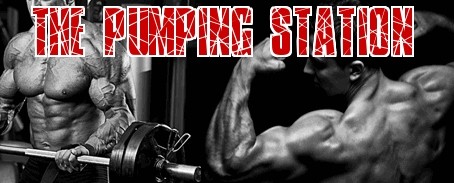How Much Does Genetics Play a Role in Bodybuilding?
The truth is that any bodybuilding show is about genetics. The well-known Hubal study that put 585 male and female randomly selected people on a 16-week progressive resistance routine training three times a week. The results were that the worst 2% of volunteers did not gain any strength or muscle whatsoever.
59% of the 585 volunteers were able to increase their 1RM by 250% but generally the study showed conclusively that certain genetic requirements are required in order to show any muscle or strength gain. Farther study on genetics and muscle growth showed conclusively that strength and muscle gain is completely dependent on satellite cell-mediated myo-nuclear adaptation. What this means to you and me is that your surrounding satellite cells of your muscle fibers will donate their own nuclei to their muscles in order to produce more genetic material so that the cells will grow in size. In the Petralla trial the excellent responders showed an average of 21 satellite cells per 100 muscle fibers as a baseline. After 16 weeks of training these "excellent responders" showed an average of 30 satellite cells per 100 muscle fibers. Farther study on these excellent responders showed a 54% increase in muscle size. The non-responders on the other hand averaged 10 satellite cells per 100 myofibers which did not change at all over 16 weeks. If we want to get very specific comparing the excellent responders to the 2% of non-responders the Mechano-growth factor (MGF) showed in 126% of the top 17 responders and 0% of the bottom responders who did not respond at all during the 16 weeks of progressive resistance. A product called Myogenin was found in 65% of the top 17 responders and zero (0%) of the 17 non-responders. The same study also showed an upregulated IGF-IEa of 105% of the top 17 excellent responders and only 44% of the bottom 17 non-responders. The bottom line is that some of us got lucky when choosing our parents because when speaking genetically anything that will negatively impact the ability of myofibers to increase the amount of myonuclei responding to a muscle from a mechanical loading will always reduce hypertrophy and strength potential. The genetically governed factors influencing muscle growth include the amount of signaling molecules, the cell's ability to respond to these signals, satellite cell availability, satellite cell-pool expansion and miRNA regulation. Obviously daily nutrition, training and recuperation play an important part but if you donít have the basics you will never gain muscle.
Click Here to Sign Up for Your Free Bodybuilding Magazine Subscription
